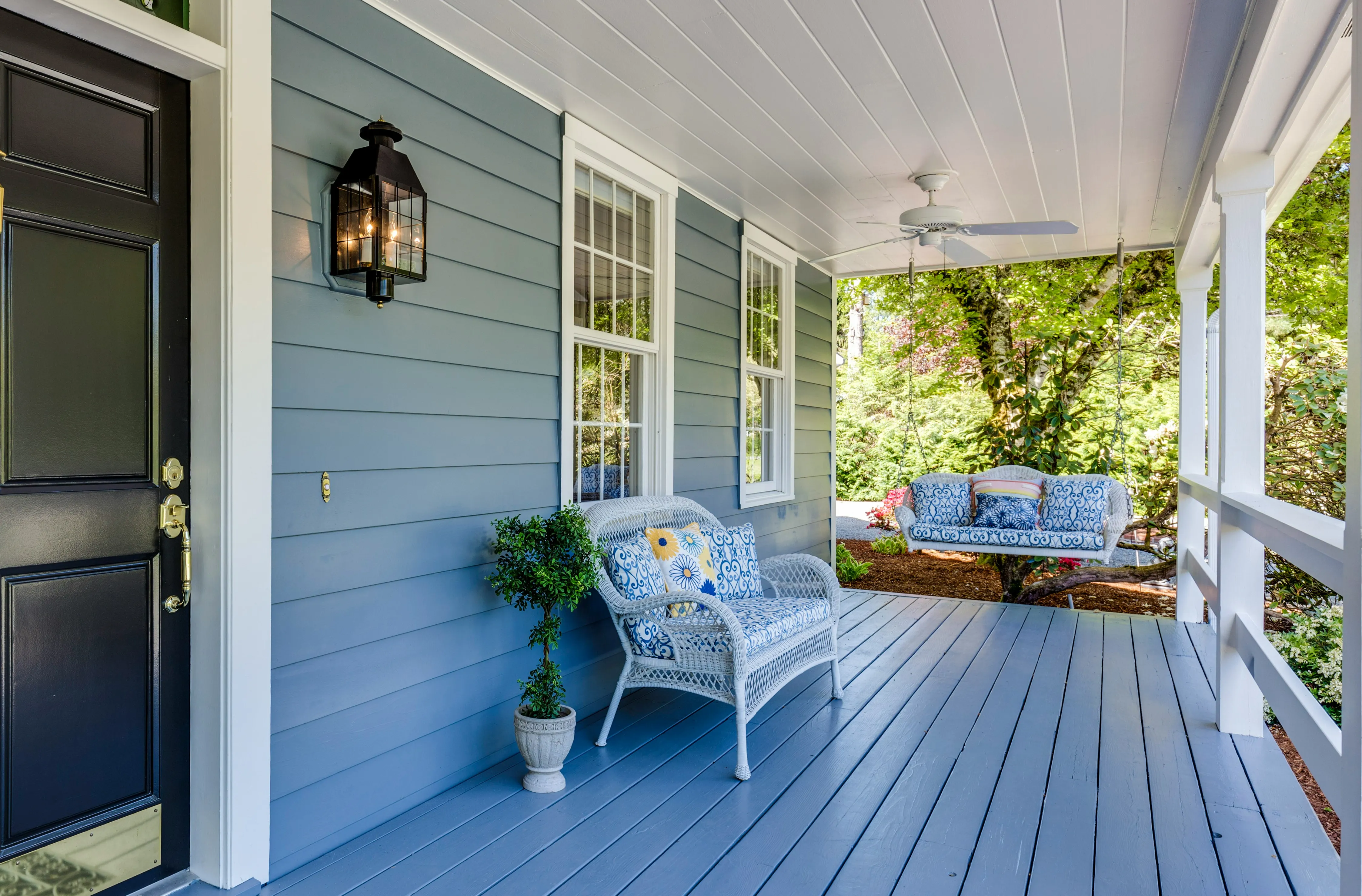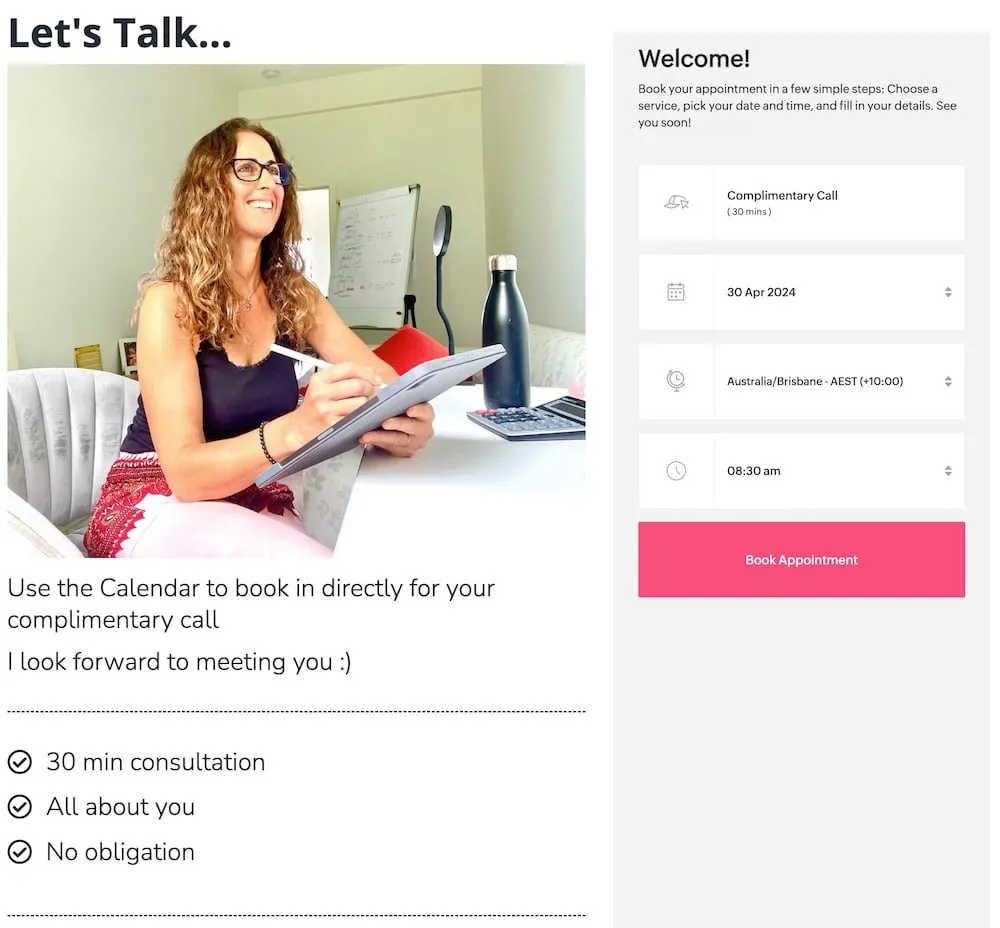Super Savings for Home Ownership - is it possible?
Should Australians be permitted to tap into their superannuation early for putting a deposit down for their first home? This question ignites considerable debate. Amid the complexities, it's natural to find yourself unsure or even indifferent.
This article will attempt to unveil some ideas to spark your interest and a perspective on super versus property you may not know, or have considered.
So, let's explore together and uncover some insights in this article which include:
- What is Superannuation
- Do we need a method of forced savings
- Why can’t we chose to buy our first home with super
- Some stats on what your super could get you (property) you might be surprised
- What are the differences in returns
- Government incentives - are they enough?
What is Superannuation?
Superannuation is money earned by an employee which is placed into an investment fund to be made legally available to fund members upon retirement. Australia boasts a robust superannuation system, comprising employer contributions, personal savings, and sometimes government allocations.
Funds deposited into a superannuation account are managed by the fund's trustee, who endeavours to increase your account balance while you're employed.
Since 2013, the mandatory employer contribution has incrementally risen from 9 percent to the current 11 percent of your wage, which is set to reach 12 percent by July 2025.
A Forced Saving?
For many, saving a substantial portion of their income proves challenging. The superannuation system essentially acts as a mechanism for forced savings, relieving people of the responsibility of managing these funds themselves. For some that is a good thing.
While this arrangement ensures financial security in retirement, it does not offer the flexibility to utilise these funds for purchasing a home, which for many, is out of reach.

Home Ownership
Home ownership represents the most significant investment for many Australians, with over 50 percent of the nation's wealth tied up in property.
The financial benefits of owning a home are substantial, including tax exemptions on owner-occupied properties, exempting sellers from capital gains tax on profits.
Given these factors, why aren't Australians permitted to leverage their superannuation for homeownership? After all, it's their hard-earned money.
Escalating rental costs exacerbate the challenge of saving for a home deposit, pushing property prices further out of reach by the time individuals accrue sufficient funds.
How much Super are we talking?
According to the Australian Bureau of Statistics, the average superannuation balance for couples aged 35-44 is around $183,000 and for 25-34 yrs olds it's $76,000.
So what does this equate to in terms of a house deposit?
Let's look at some examples:
Example 1
Median Australian House Price = $765,762 (regional & capital)
Average Couple Superannuation balance = $183,000 (35-44 yr olds)
This equates to a 20 per cent house deposit
Let's look at another example for a younger couple in a capital city:
Example 2
Median Australian House Price = $842,109 (capital cities)
Average Couple Superannuation balance = $76,000 (25-34 yr olds)
This equates to a 9 per cent house deposit

What are the returns?
According to The Association of Superannuation Funds of Australia (ASFA), Superannuation funds on average generate a return 7 per cent after fees.
Using our two Super balance examples above:
- $183,000 super balance will grow to $359,000 in 10 years
- $ 76,000 will grow to $149,500 in 10 years
* example assumes no additional contributions for the sake of the calculation.
House prices often yield comparable or in many cases superior returns compared to superannuation funds, especially when leveraging borrowed funds.
Let's now look at the example of investing the Super balance towards a home deposit:
- Rate of growth 5% (conservative house price growth pa.)
- House price $842,000
- Your investment $183,000
- Debt $659,000 (price less deposit)
- house value in 10 years $1,371,500
- investment value in 10 years $712,000.
Even with a conservative estimate of 5 percent annual growth in house prices, this would yield a substantial increase in investment value over a 10 year period, significantly surpassing the growth of funds left in a superannuation account!
Surprised?
Government Incentive Program
The government has introduced the First Home Super Saver Scheme (click for one-page Fact Sheet) as a partial solution, allowing access to up to $50,000 from superannuation for first-time home buyers.
The primary limitation is that individuals can only access up to $50,000 (which won't go far in places like Sydney) and according to the regulations, this sum must originate from contributions made beyond those provided by the employer. I.e. your own additional contributions made. Consequently, this criteria excludes a large portion of potential qualifying candidates.
In Conclusion
Homeownership remains a quintessential aspect of the Australian dream and represents the most significant financial commitment for many individuals.
Accessing superannuation funds could alleviate the burden of saving for a deposit, facilitating entry into homeownership.
The argument against dipping into superannuation for home ownership jeopardises retirement savings that is true. We've looked a some examples to evidence the financial returns, but let's not overlook the wider positive effects of home ownership, such as security, peace of mind and inter-generational wealth transfer.
Where to from here?
If you want to know what options are available to you and to fast track your financial goals, consider having me as your coach :)
Finance coaching offers personalised guidance, accountability, and education to help you achieve your financial goals, improve your financial habits, and ultimately, build a secure and prosperous future.
Do it now: Book in here for your free consult
You've got nothing to lose!
Warm wishes,

Personal Finance Coach - Empowering you to be in control

Disclaimer: this content does not constitute advice and should not be relied upon as such. Cashflow Mastery is for educational purposes only. It is not to be taken as Financial, Taxation, or Legal advice. Full terms are found on our website.

